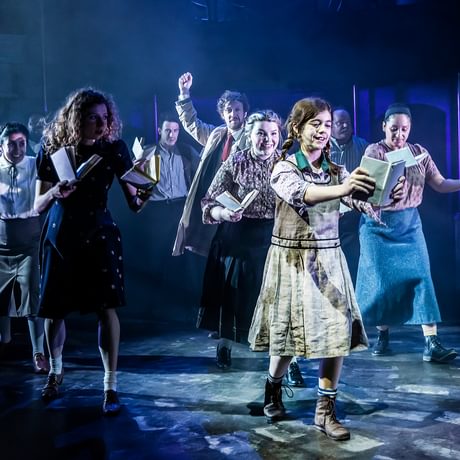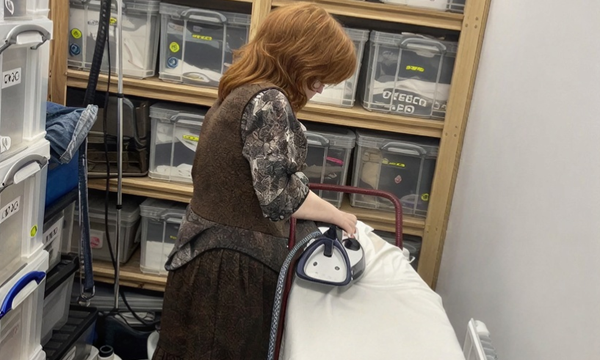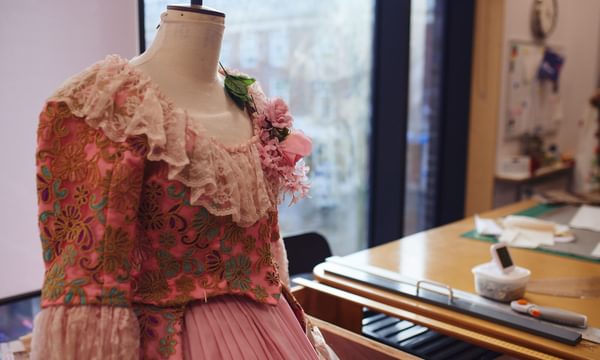News Story
Since 2014, theatre productions have benefited from Theatre Tax Relief (TTR), one of hundreds of different reliefs the Treasury provides to stimulate economic growth. We are very grateful that the Treasury support the UK’s world-renowned theatre industry.
However, the current rates of relief are set to taper down next year, and like all theatre producers, we are urging the Chancellor to review this.
Our Chief Executive, Roddy Gauld, discusses the impact this could have on the Octagon and the regional theatre landscape.

What relief do theatres currently receive?
Theatre Tax Relief is a way theatres can claim back some of the money spent on making shows, which significantly saves on costs for when we make productions. Right now, we can claim 45% of 80% of eligible expenditure (and slightly more for a touring show). This current rate was introduced in 2021 but is set to half by 2026.
What difference does it make to the Octagon?
The relief means that we can invest more in making a production. This is especially true of high cost shows such as large comedies and musicals. Musicals are consistently one of the most popular theatre forms, appealing to a wide range of people who want an unforgettable night out. They are also one of the most expensive productions to make, so recouping the cost of the show in a small theatre like the Octagon through ticket sales, with fewer than 400 seats, is tough. Productions like Singin’ in the Rain, Summer Holiday, The Book Thief and this year, Little Shop of Horrors, have all been enabled by Theatre Tax Relief.
Inflation has hit theatres hard in recent years at the same time audience numbers have been hit by the pandemic and then the cost-of-living crisis. The Book Thief, One Man Two Guvnors,The Blonde Bombshells of 1943 and Little Shop of Horrors are just a few of the shows that have been financially viable only because of Theatre Tax Relief at the current higher rate.
Image gallery
What happens if the relief decreases?
It would be much harder for the Octagon and similar regional theatres to make musical productions such as Little Shop of Horrors. In fact, the scale and number of productions would fall, and in turn, so would the economic benefits. Research shows levelling up areas, such as Bolton, would be disproportionately effected by any reduction.
Why does Theatre Tax Relief represent good value for money?
We know that the Treasury’s funds are limited. Research has shown though that Theatre Tax Relief generates a 4-to-1 return on investment. Foreign investors have turned to the UK because of Theatre Tax Relief, with one Broadway producer alone increasing their UK spending by 250%. In total the theatre industry generates £2.39bn in GVA to the UK economy, and 39% of the UK population watch live theatre every year, more than live sports. Closer to home, the Octagon annually generates over £11m of economic impact, and when productions like The Book Thief and Little Shop of Horrors are seen around the country, the benefits only multiply.
Figures are taken from UK Government statistics, UK Theatre and Octagon Theatre. UK Theatre have released information about new rules for Theatre Tax Relief claimants with regards to new regulations coming in to effect from 1 April.







